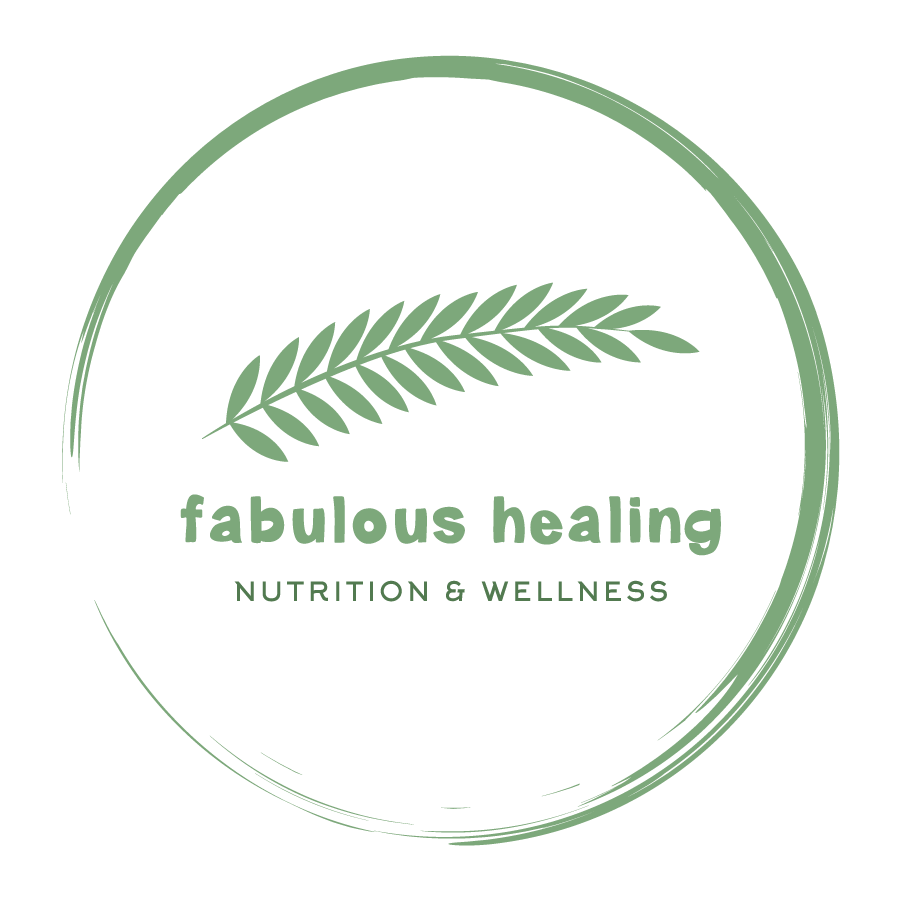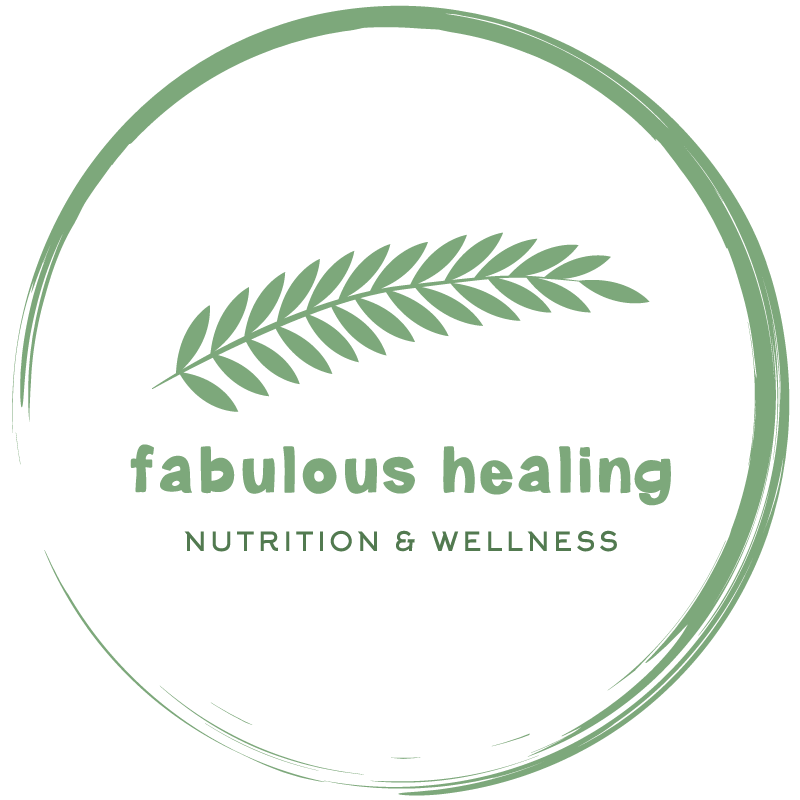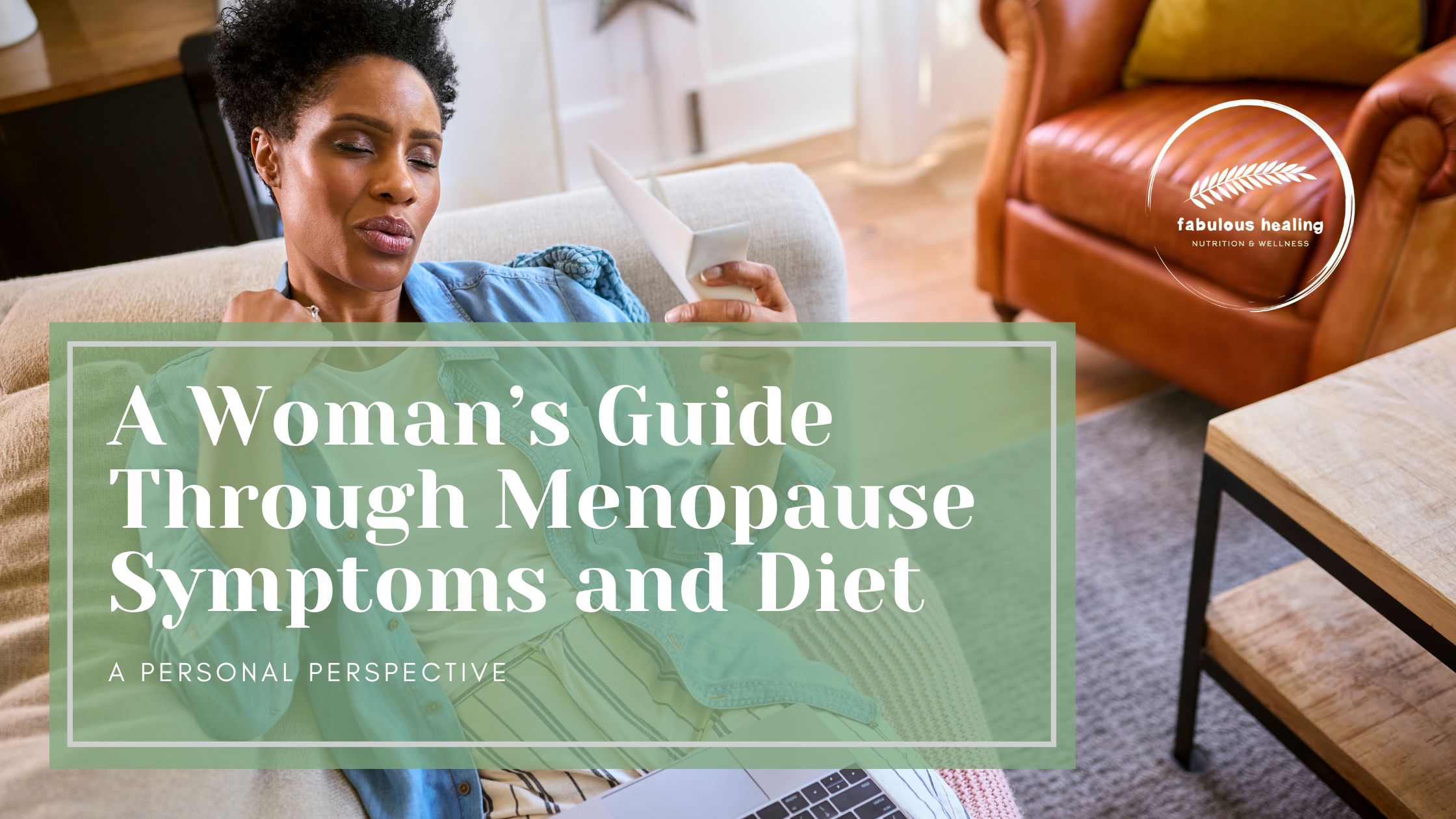When to Worry About Perimenopausal Bleeding
Life’s ebb and flow are never more evident than in the dynamic journey of womanhood. One of the more sensitive landmarks on this path is perimenopause, a phase heralded by various symptoms, among which changes in menstrual bleeding patterns stand out. As the owner of Fabulous Healing Nutrition & Wellness, my goal is to demystify these symptoms and offer guidance on when to lean into medical insight.
The Menstrual Landscape of Perimenopause
The years leading up to menopause—typically spanning the 40s to early 50s—are labeled as perimenopause. During this time, the body gradually paves its way to menopause, marked by a fluctuation in hormone levels. This ebb and flow of hormones like estrogen and progesterone can lead to changes in menstrual cycles and bleeding patterns.
Natural Variations in Perimenopausal Bleeding
- Irregular Cycles: It’s common to experience sporadic periods—some might be early, late, or missed altogether.
- Varying Flow: Some women might observe a heavier flow on certain days, while others may have lighter-than-usual periods.
- Spotting: Intermittent spotting between periods is also a possibility.
When to Seek Guidance: Signs of Concern
The tapestry of perimenopausal symptoms is rich and varied, yet there are certain patterns that warrant a conversation with your healthcare provider:
- Prolonged Bleeding: If your period lasts more than a week or if you notice blood clots larger than a quarter, it’s time to seek expert advice.
- Shortened Cycles: Periods that come at intervals of less than 21 days need attention.
- Bleeding after Menopause: Post-menopausal bleeding, that is, any bleeding occurring a year or more after your last period, requires medical consultation.
- Unusually Heavy Bleeding: If you find yourself changing pads or tampons every hour for several consecutive hours, or if you are concerned about the volume of your flow, reach out for a checkup.
- Persistent Spotting: While occasional spotting can be part and parcel of perimenopause, if it’s a recurring theme or lasts for more than a few days, it’s prudent to check in with a healthcare professional.
Empowerment through Knowledge and Vigilance
At Fabulous Healing Nutrition & Wellness, our advocacy extends beyond nutrition. We believe in empowering women with knowledge. Understanding your body, recognizing irregularities, and seeking timely consultation can often be the bridge between concern and peace of mind.
In essence, while perimenopause is a natural and inevitable phase, certain bleeding patterns are indicative of underlying issues that need to be addressed. Trust your intuition, document your observations, and don’t hesitate to seek guidance. In the embrace of understanding and expert care, you can navigate perimenopause with grace, confidence, and an unshakeable trust in your body’s wisdom.




